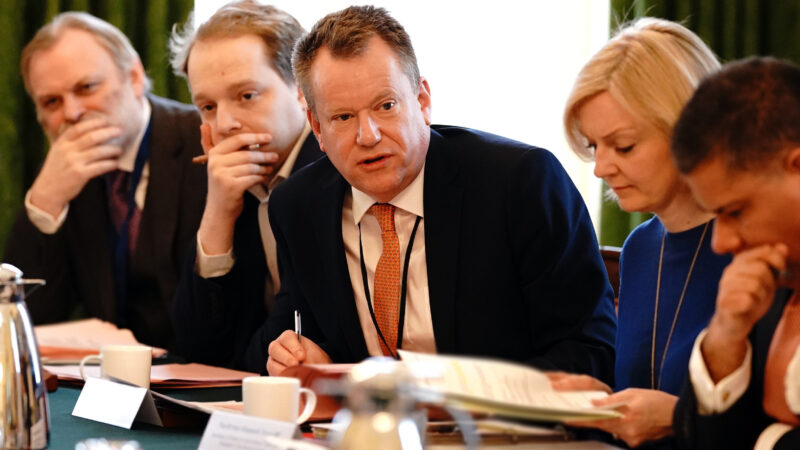European Parliament: if you take Brexit scrutiny seriously, why not call Frost to give evidence?

Days before the EU-UK Trade and Cooperation Agreement (TCA) finally emerged on Christmas Eve, the European Parliament had already expressed its concern at the process, and refused to be bounced into last minute ratification as the House of Commons was. Chair of the EPP Group Manfred Weber wrote this at the time:
Political games from Westminster have wasted too much time. It is now impossible for Parliament to assess a deal before the end of the year. We will not rubber-stamp any text, it is too important. As the only directly elected EU body, we should not rush our decision. #Brexit
— Manfred Weber (@ManfredWeber) December 21, 2020
Provisional Ratification of the TCA was the solution, with the European Parliament given time in 2021 to examine the deal. The initial two months foreseen for this has been extended to four – until the end of April.
But so far in the European Parliament scant little has happened, in public anyway.
The Conference of Presidents will finally get around to deciding tomorrow – 3rd March – how scrutiny will be structured in the European Parliament.
But from the EP side there has essentially been silence for two months.
Yet in that period a lot has happened. The impact of the TCA has begun to be felt, predominantly on the UK side, but also for the EU whose exporters have started to feel the pinch. Tensions have risen in Northern Ireland – in part due to von der Leyen’s faux pas on vaccines, and then with Gove’s demand for considerably lengthened grace periods. Northern Ireland’s Agriculture Minister Gordon Lyons demanded the construction of border control posts be stopped. And as if a single day for the House of Commons to scrutinise the TCA was not enough of a problem for democratic accountability, Johnson reorganised responsibility for Brexit in his cabinet – from this week David Frost (a member of the House of Lords) is in charge, taking over from Gove. Meanwhile EU side Barnier has formally stopped, and responsibility for Brexit now rests with Maroš Šefčovič and a new team in the Commission.
Plus if we look forward, the next Brexit headache is on the horizon – further import controls on good arriving in Northern Ireland are due to be implemented 1 April.
So what should the European Parliament do?
It ought to use this opportunity to do far ranging and comprehensive scrutiny of Brexit, and not just of the TCA but the interplay between it and the Northern Ireland Protocol. This scrutiny is vital because no one else can really do it – the House of Commons marginalised itself with the ridiculously short ratification timetable it was willing to live with, and Brexit responsibility being given to Frost makes their job harder still.
The European Parliament needs to step up. It ought to call David Frost to Brussels to give evidence as part of its scrutiny. Michel Barnier gave evidence to the House of Commons Committee on the Future Relationship with the European Union, so the European Parliament inviting Frost could use that precedent. Were Frost to decline to appear that gives the impression the UK side is dodging its responsibility to explain its intentions, and is against the spirit of faithful cooperation that is supposed to underpin the new relationship. Were Frost to agree to appear it shows the European Parliament is capable of serious scrutiny – and indeed better scrutiny than the House of Commons – and that would be no bad thing.
The past two months have shown us that while a Deal between the UK and the EU is done, a whole plethora of Brexit questions are still unanswered. The relationship is still an unstable one, and is likely to remain so for the foreseeable future. The European Parliament is well placed to scrutinise what is happening – it’s time it does that scrutiny work in earnest!
Maybe my question is silly but… what if EP votes against Trade Deal? Or maybe it just asks to amend it?
European Parliament is a complex machine, having members actually working with an European perspective, but others just looking to their little national politics (e.g. Lega in Italy) without curing about European consequences of what they vote for.
If the ratification is pretty probable, it is not 99,9% and something unexpected could happen.